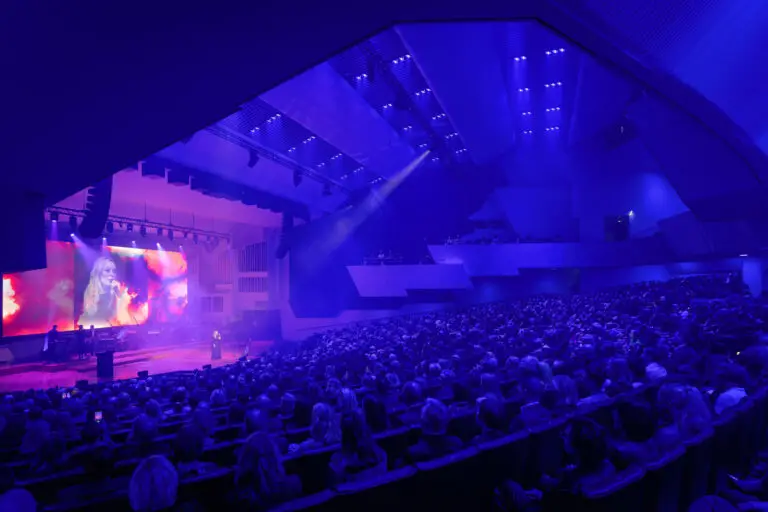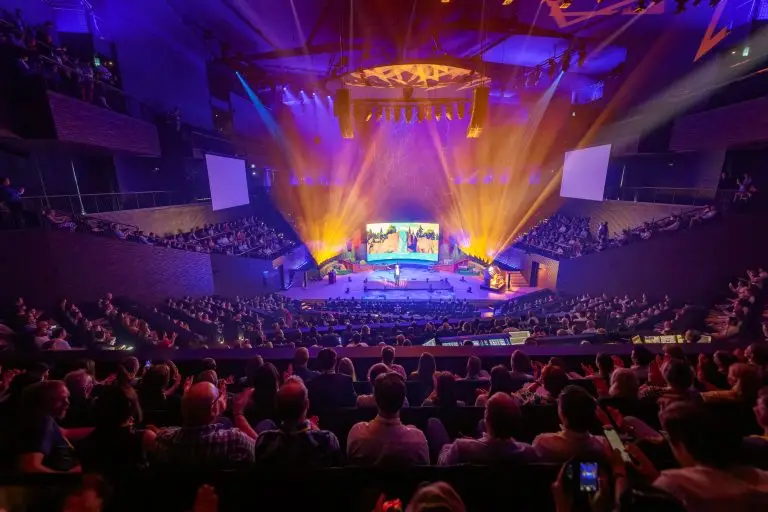Taking a participant’s perspective into account and planning the emotional experience are more important than ever for a successful event. Evoking emotions is necessary for inspiring, becoming familiar and building a sense of community.
Working life has changed permanently. Hybrid work – combining remote and in-person work – is becoming the new operating model for companies.
“We want to come to the office and we want to meet our colleagues face-to-face, but at the same time, we want to hold on to the benefits of remote work: no unnecessary sitting in traffic to commute, no unnecessary rushing from place to place. Expectations for how we want to spend our time have changed,” Wolttigroup’s CEO Jyrki Aittola summarises.
Changes in expectations have also impacted event marketing as well as how and what kind of events, physical and virtual, a company ought to organise. How do you get people motivated to join different events?
“Knowing your customers very well is still at the core of everything. Companies know their own brands and what they want to communicate to their customers well, but the perspectives of event participants are even more important to success. It is important to know and understand what is significant and relevant to your own customers, what gets them motivated and what times are suitable for them. Only then can we successfully communicate the desired message to them.”
More and more people considering what they should participate in
Aittola and the employees at Wolttigroup have considered and researched how the coronavirus pandemic has changed people’s expectations for corporate events. “More and more people are carefully considering whether or not they should use their time and energy to travel to a seminar or event, or whether it would make more sense to participate in a virtual event from the remote office at home or a cottage.”
Virtual events are here to stay, and they are a good and cheap way to convey interesting and significant information to your own target group. This option lacks the opportunity to meet other people, however.
“Due to the coronavirus, we have not been spending time with others. We miss being able to physically meet other people. We have already seen this. But creating encounters through the means of an event is no longer enough. The pandemic has changed the rules of the game for corporate marketing,” Aittola says.
Evoking emotions helps drive the message home
Now the most important thing in corporate events is how well they are able to evoke the emotions of their participants. “Evoking their emotions and making them feel like the event was a really good thing, that it was worth coming and taking part,” Aittola describes.
“In planning the participant experience of an event, it is important to consider how to create a sense of community, to inspire, energise, and evoke.”
Wolttigroup’s strategy is also based on the philosophy of evoking emotions.
The indicator of success is quite simple. “We ask whether the experience was an excellent use of your time.”
Evoking emotions in events is also of utmost importance according to studies on the brain. “Studies show that when an event manages to awaken the emotions of its participants, their brains are more open to receiving information. A change in emotions opens a channel for communication, and then it is possible to impress your message in the memory of the audience,” says Aittola.
Excellent events build a competitive edge
In the autumn of 2021, we do not know how and when the world will open up. The coronavirus situation and restrictions have been very different across different countries and continents. Many countries have already opened again, and the vaccinated can travel well with a COVID-19 certificate, at least in Europe.
“Many companies now have an excellent chance to create a competitive edge for themselves through emotionally evocative events and to bring in more people to their message. It is certainly not easy, but people still miss being able to see and meet other people. We just need to create even better and more emotionally evocative events, which participants feel are worth the effort. It is possible and it sticks in people’s minds,” Aittola encourages.
What kind of events will work in 2022 and how can participants’ emotions be evoked? Would you like to learn more? Contact jyrki.aittola@wolttigroup.fi


